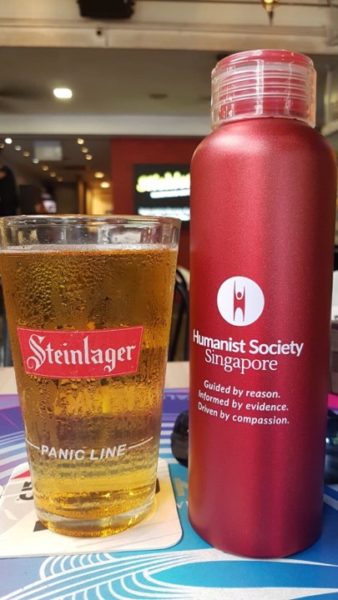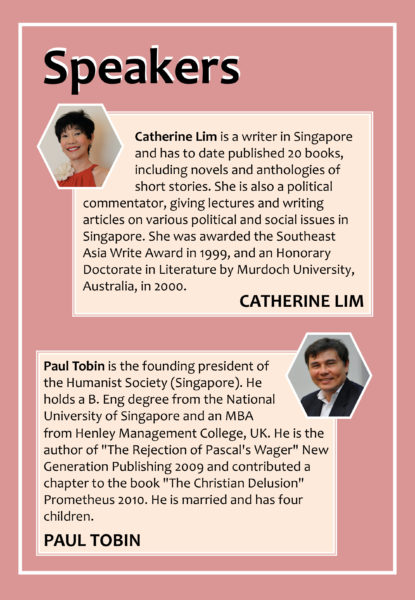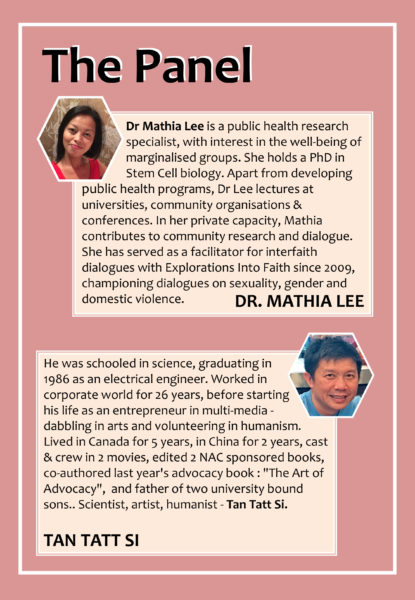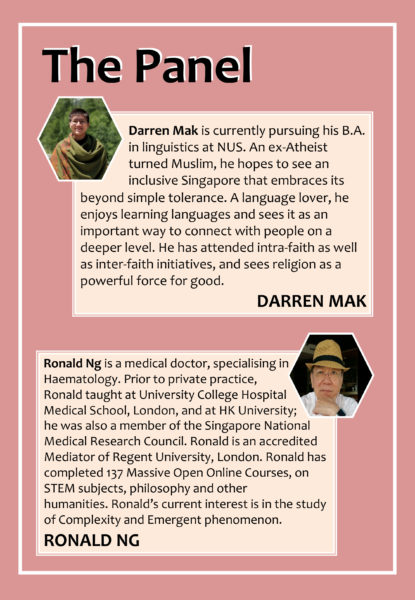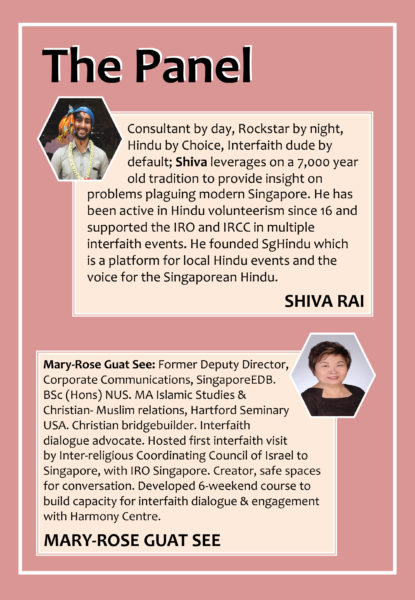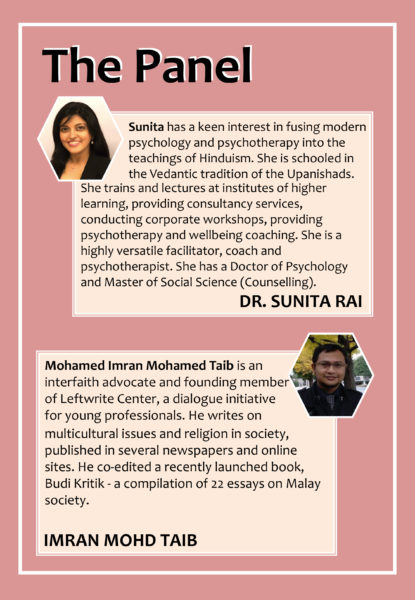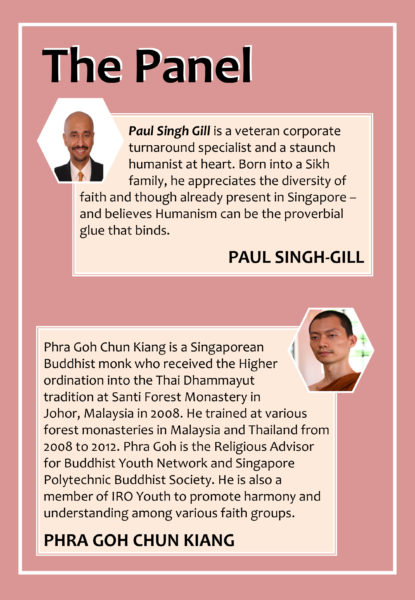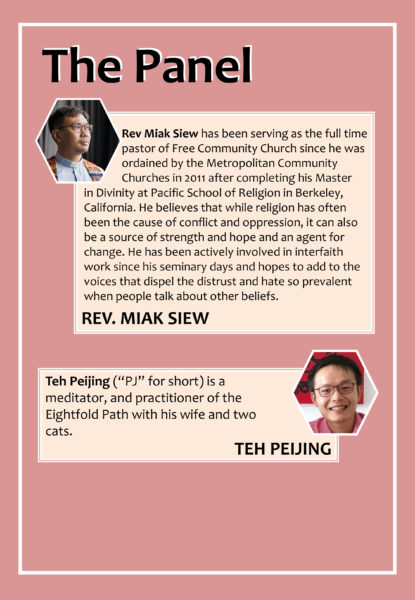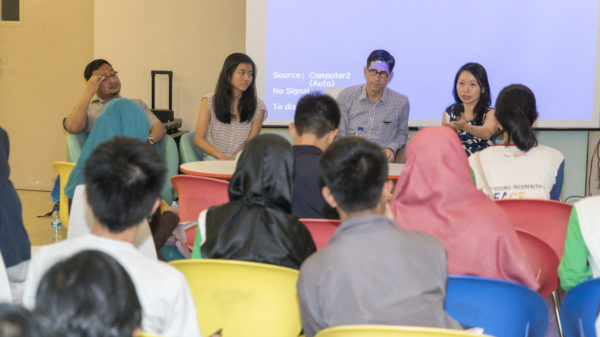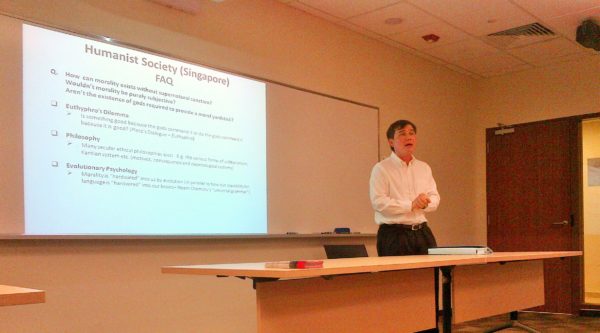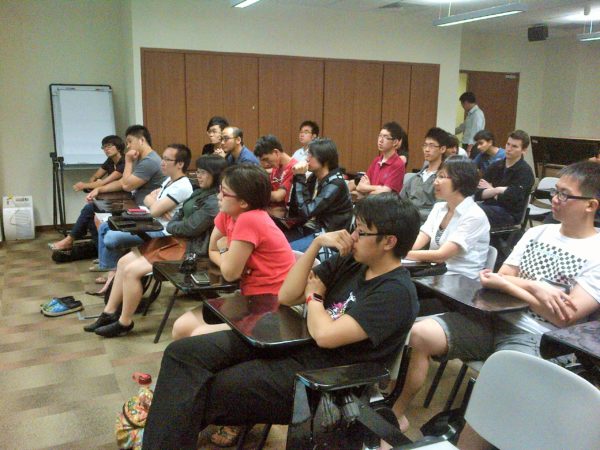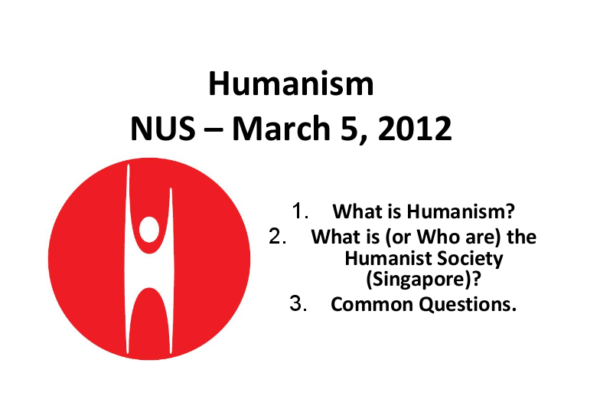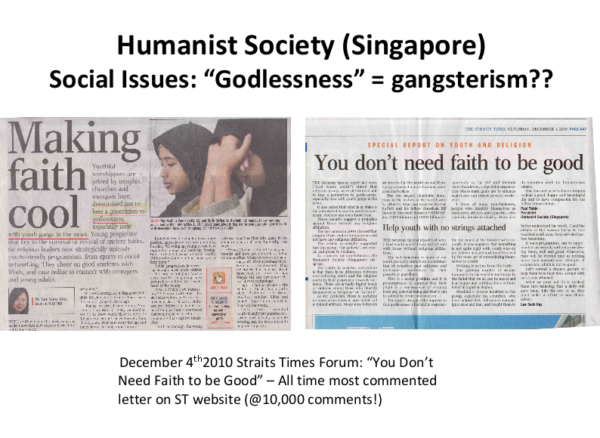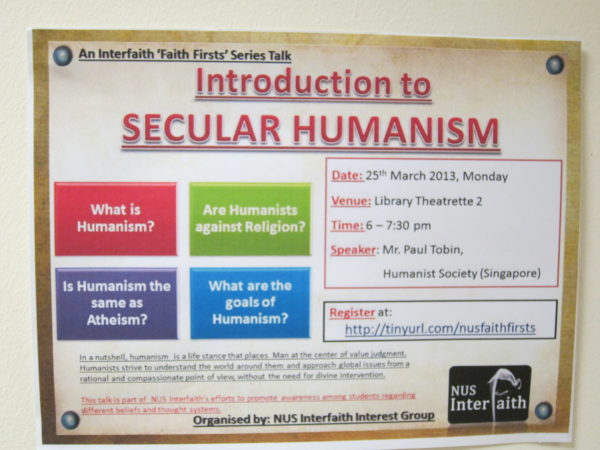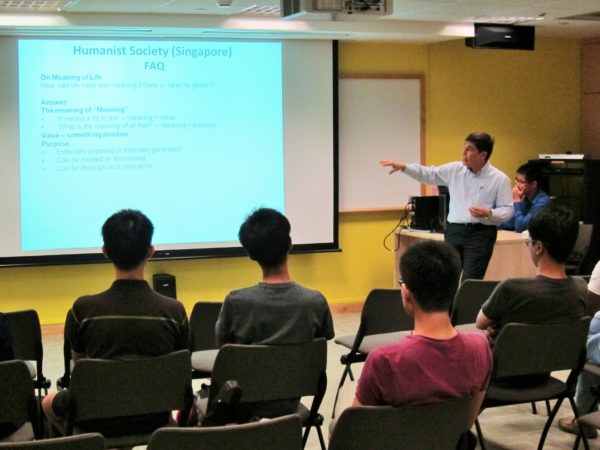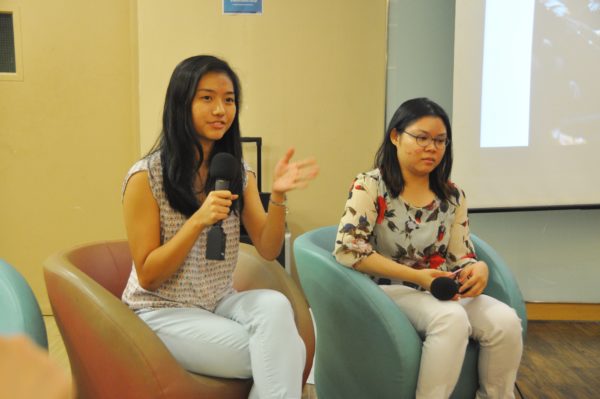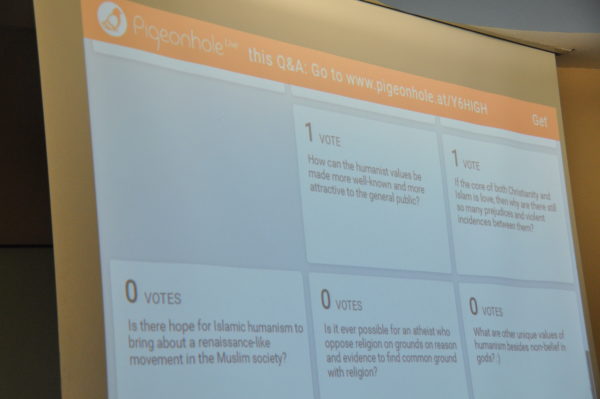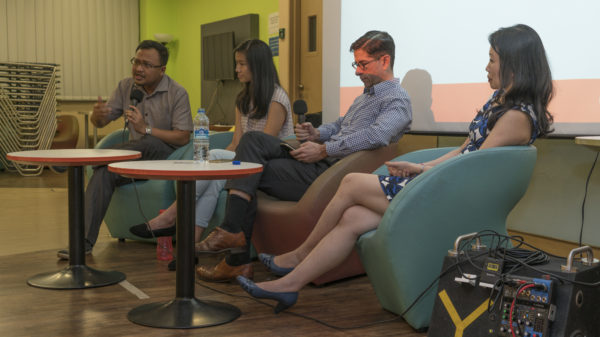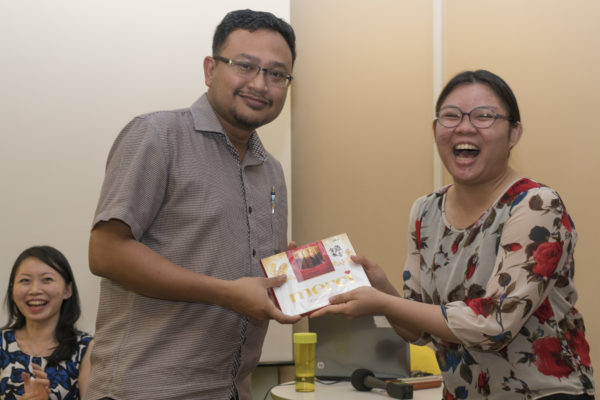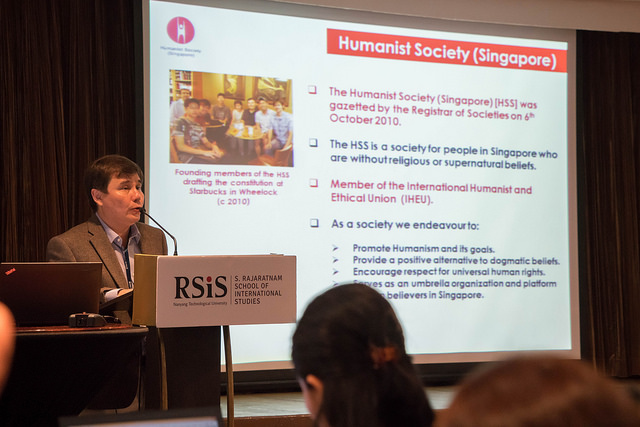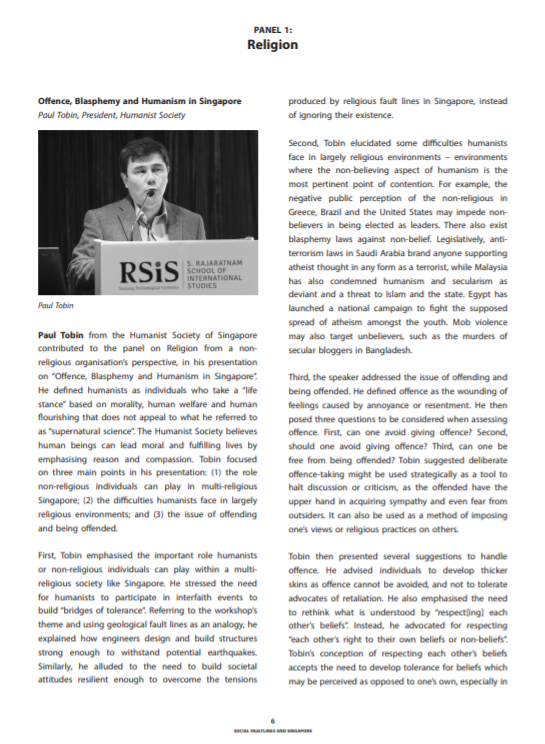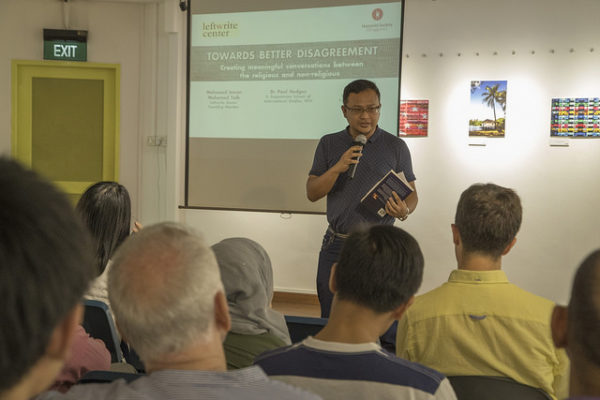(Narration done by Ms Shamima Rafi.)
It is not easy being a girl. It doesn’t get easier when we are called a woman in our later years. As one of 4 daughters, I’ve heard people telling my parents how unlucky they are to be burdened with so many daughters. That they should keep trying till they get a son. Because a son will take care of the family. What can daughters do? They will get married and become their husband’s property. They can’t support you in your old age. You can’t depend on them.
Well my parents got divorced. Guess who started supporting the family?
As we girls get older and at different stages of our lives – we get questioned. Interrogated even. So when are you planning to get married? Why do you need to study so much/high for? Just settle down and get married. You can’t keep delaying your marriage. It’s a sin. God doesn’t like it.
And then we get married and now we are barged with when we will have kids. For a lot of women, the society they live and grew up in, has decided that a woman’s place is at home where she cleans the house and takes care of her children. And God forbids if she is a working mum and her marriage is failing or her kids are not doing well in school because she will be blamed.
If she stayed at home none of this would have happened.
If she took care of herself and did not gain so much weight maybe she could have saved her marriage.
If she had another kid instead of stopping at one maybe, maybe, maybe.
And even if you decide to be independent and build something for the community, people will still question you. Your motives. Your intention. When I started my organisations, – you’d think people would be happy to support and join you. Nope. They would rather stand outside where they can see you and wait for you to fall. Hard.
Funny you think we don’t know. Well we see you. Bright and clear.
It’s a “dog eat dog world.”
But for the longest time since we can remember, it has been “tear the woman to shreds world.”
Tear her from her dreams, her wants, her needs.
Tear her from her self even.
From misusing religion, to the media, to society, to structures and policies and laws, – we enforce impossible expectations for our women.
We tell them they wear too little. We tell them they wear too much.
We tell them what to wear. What not to wear.
We tell them they speak too much. We tell them we can’t hear their voice.
We tell them they don’t have dreams. We punish them for dreaming.
And sometimes we women hurt our own.
We see our sisters out there and up there and we wish otherwise for them.
We put down our sisters when when they make choices for their lives that we don’t agree with.
You know exactly what I am talking about.
We need to support our women. All of them. Our wives. Our mothers. Our sisters. Our daughters.
And it starts from celebrating them at birth itself. And as they become girls with hopes and dreams.
Empower them. Love them. Support them.
And my sisters out there- keep at it.
Your strength, your voice and your soul nourishes whether or not you believe that.
Ironically, it is what confuses and scares people too.
“Why is she so strong? Where did she get it from?”
But our Mothers have fought a long way for us and we gotta keep fighting the good fight.
And hopefully one day all our daughters will live in the world we fought hard for.
Siti Noor Mastura. Permission was granted to use this piece, which was from the 2014 International Day of the Girl.
See also
- Asian Humanism Conference 2019
- Event summary
- Full text of Tan Tatt Si‘s Welcoming Remarks
- Full text of Anthea Indira Ong‘s Opening Address




